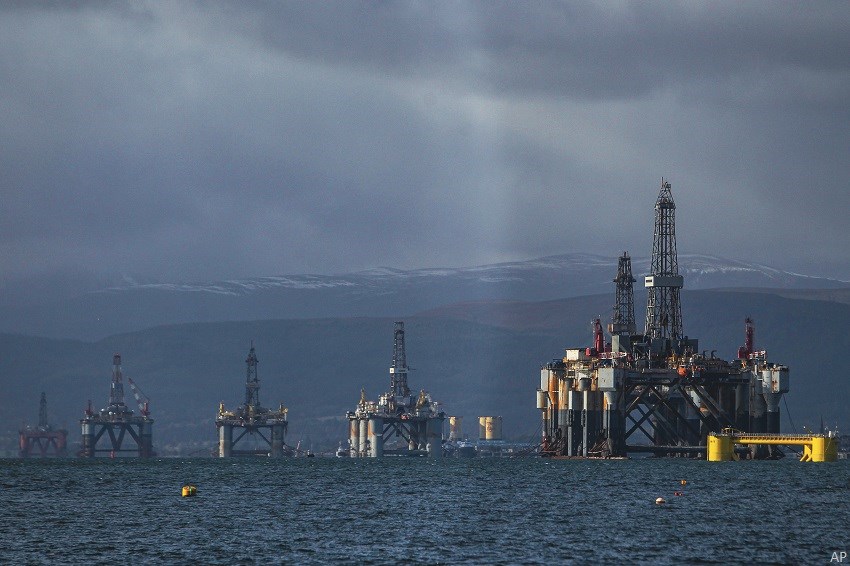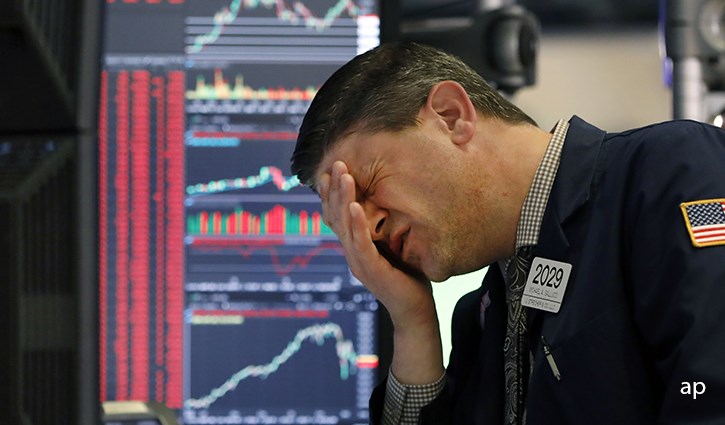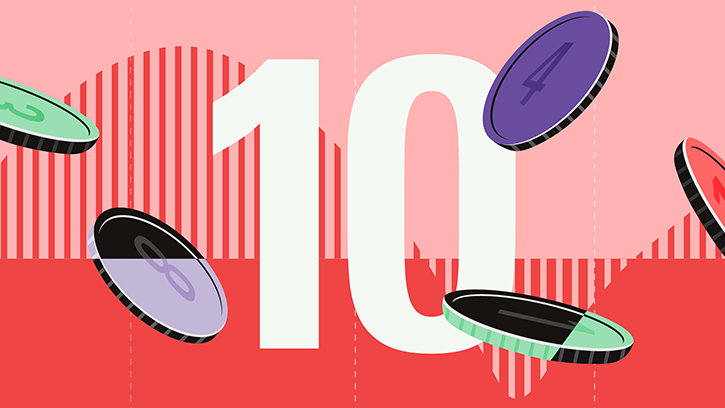
It might be too early to proclaim “what a year!” about 2022, but it has certainly been eventful for global markets, and a complete switch from a year ago. Value is back, tech is down, carbon emitters are winning, and our energy bills are through the roof.
So which companies are doing the best so far? In this article, we are looking at four groupings; the top performing stocks available on the London Stock Exchange, the best performers among the UK stocks we rate, the best UK ESG stocks, and the best-performing rated stocks worldwide.
When a company's returns are in the double or even triple digits over a shorter period, it is easy to assume that it has a volatile past, and has years of share price weakness behind it. In this case, the top stocks listed in the UK show a real spread. So far into 2022, they are all smaller companies from the Alternative Investment Market (AIM), ranging from gambling to oil and mining. Lottery products company Tintra (TNT) has had an amazing 242.86% growth so far this year, and a three-year annualised return of 44.22%. Meanwhile, Borders & Southern Petroleum (BOR), like other oil companies, is riding the energy price wave, and is up 80.52% this year. But, it also reflects how these companies have struggled these past years as it is still down 23.09% annualised over three years.
Meanwhile, Bradda Head Lithium (BHL) only listed in June last year and so we still don’t have a year’s worth of performance data. However, according to our quantitative analysis, the company does have room to grow, sporting a 4-star AI score.
Of the stocks that fall under our coverage, Shell (SHEL), our stock of the week, has the best return for the period: 27.11%. The top five have all returned above 20%, but four of these do have negative three-year returns. Again, this list consists of 3- and 4-star stocks – none of these are currently considered overvalued, despite their recent performance.
Again, we do see how oil companies are among the stock markets' best performers globally. In Shell’s case, the company had the highest quarterly profits since 2014 ($19 billion) and is set to increase its dividend. BP (BP.), which is fourth on the list and up 23.65% this year, this week reported profits of $4 billion for Q4 and $12.8 billion for all of 2021. Financial services and telecoms also did well, balancing out the environmental, social and governance (ESG) risk of the top five – but tobacco giant British American Tobacco (BATS) was just shy of making the top five list as well.
If we change the screen to stocks with four or five globes in our ESG risk rating system, HSBC (HSBA) and Vodafone (VOD) jump to the top of the list. They are both the top performers in the two top performing categories – financial and communication services. These account for the majority of the winning ESG stocks, beyond the top five as well.
We do however have to look down to tenth place to find the first company with negligible ESG risk (five globes). Publisher Informa has returned 8.48% so far this year (but is down 5.01% over the past three years). The fact Hammerson (HMSO), a REIT company, has made the list, is also testament to the current demand for real estate stocks (but note that the company has a -33.53% 3-year annualised return).
Finally, we turn our attention to global stock markets and the top performers under our worldwide coverage. In contrast to our previous list, the absolute winner is by far US oil. The ESG risk of all the companies range from medium to severe, according to the Morningstar scoring system, where one globe represents the highest ESG risk and five the lowest.
While all companies have had very solid returns this year, ranging between 30-40%, all five are trading within their fair value estimate. Morningstar’s analysts even upgraded Occidental Petroleum’s (OXY) valuation in January to reflect near-term commodity prices. The one-globe company produces an average of 1.3 million barrels of oil equivalent per day and is up 40.74% in 2022 – but down 12.87% over the past three years.
Two of the oil companies do have a medium ESG risk assessment. In Halliburton’s (HAL) case, it is because it is involved with equipment and engineering rather than oil production, and Helmerich & Payne (HP) owns a fleet of land drilling rigs.




























